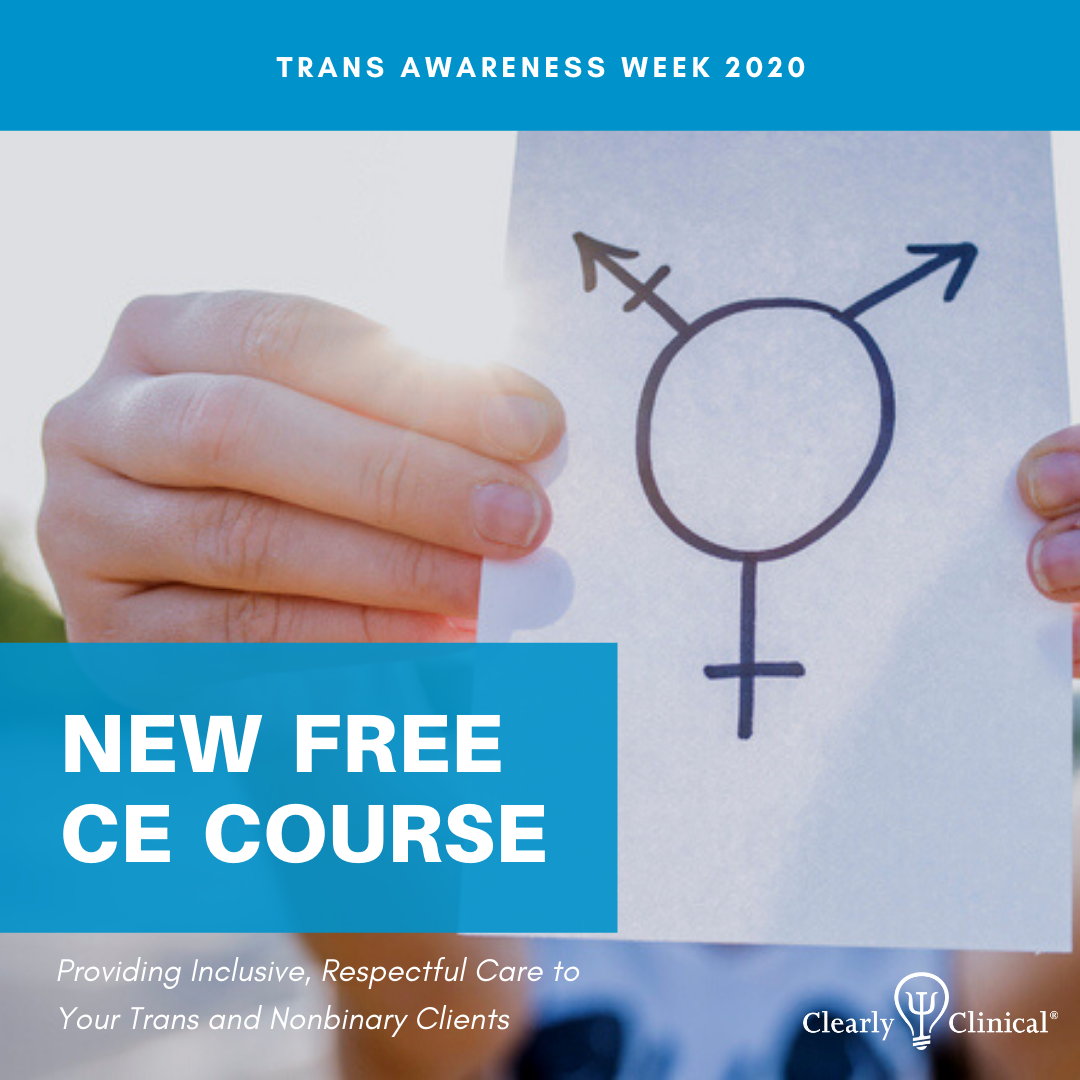On Abortion and Our Role Moving Forward
/Within days of the Supreme Court of the United States overturning Roe v. Wade, major national mental health professional associations released statements condemning the ruling: This reversal will have profound and dire physical and mental health impacts, particularly for historically marginalized communities. As the landscape of reproductive rights rapidly changes around us, where do mental health professionals fit in?
Enter: Reproductive justice.
Clearly Clinical's new free on-demand podcast CE course centers around bodily autonomy at the intersection of reproductive justice, harm reduction, and spiritual/religious abuse/trauma, and discusses the at-risk populations most impacted by these new changes. Featuring Dr. Orisha Bowers, Dr. Jamie Marich, and Elizabeth Irias, LMFT, this panel-based podcast conversation focuses on actions mental health professionals can take in a post-Roe v. Wade United States, including discussion about the following:
- Available reproductive support resources
- Considerations about client privacy, mandated reporting, informed consent, clinical documentation, and potential conflicts between ethical and legal requirements
- How to support clients navigating confusing and sometimes misleading reproductive care
A free brief resource handout can be accessed here.
We want to express our immense gratitude to Dr. Orisha Bowers and Dr. Jamie Marich for participating in this panel interview… their passion and dedication are an example to us all.
On the course registration page, we have included some helpful links to reputable reproductive justice charitable organizations if you feel compelled to make a donation. Enrollment in this new CE course is free. Please feel free to share this free CE resource with your colleagues.
Note to listeners: This interview discusses sexual violence and uses language that may be upsetting. We also share that this conversation includes reference to umbrella terms like ‘women’s rights’ and 'human rights'. Included in this heading are the rights of transgender and cisgender people, nonbinary people, women, females, girls, and people with internal reproductive organs. Law & Ethics themes discussed in the interview are on a broad, national scale and may not be applicable in your state. The opinions expressed herein are not legal advice, and we recommending consulting with your licensing body, professional association, liability insurance, and/or a behavioral health attorney.













